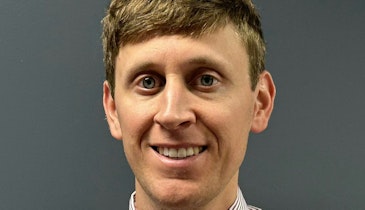Imagine that you manage a clean-water plant with 15 operators. Within the next two years, four of them are likely to retire. Replacing them will be a challenge, because it’s hard to find bright young people interested in running a treatment plant.
But, chances are, you’re just...





